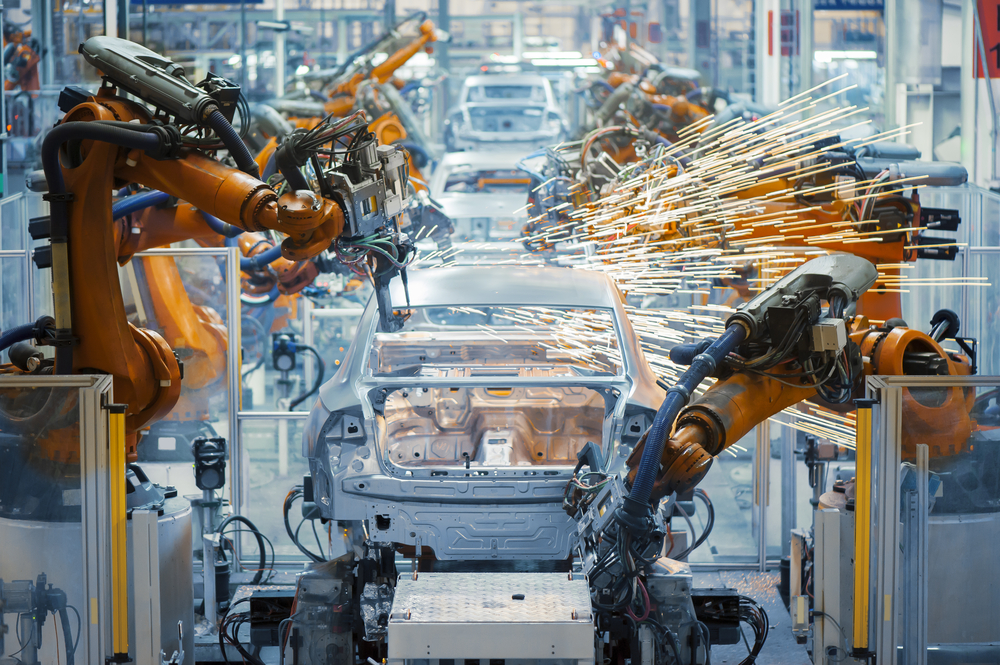After being diagnosed with cancer, Mike Butler was fascinated by the process through which patients were treated – but saw an opportunity to introduce practices from the car manufacturing facility, where he works, so that it might run more smoothly.
Working together with his colleagues, at the Ford assembly plant, in Cologne, in Germany, quality director Butler and the team researched and proposed changes that are now being implemented as part of what is expected to become Europe’s biggest dedicated cancer unit.
And this has since developed into a two-way flow of ideas, as hospital staff at the renowned Centre for Integrated Oncology (CIO) at the University of Cologne, one of the leading cancer centres in Germany, are bringing their experience of working with big data to bear on Ford research into future vehicles.
“I spent five years in treatment rooms and thought about how I could make life easier for patients,” said Butler, who is now in remission from colon cancer. “There was a real lightbulb moment when I realised that many of the systems that ensure car plants run smoothly could be applied to the hospital. Now there is an ideas exchange that is benefitting patients today, and could also help the way we move tomorrow. The more we work together the more synergies we find between our work at Ford and the challenges faced in cancer research.”
It was back in 2008 that medical staff were first shown the advanced technologies and efficient processes that have enabled the Ford Fiesta Cologne plant to become one of the world’s most efficient vehicle production plants. A team of 10 to 15 Ford engineers met with hospital administrators as well as patients, nurses, doctors, and the collaboration blossomed from there.
Designed to ensure treatment is less stressful and faster, coloured lines on walls and floors make it easier for staff, patients and visitors to find their way around; and large screens will help make communication between key medical employees easier. The team also proposed flexible rooms with removable dividers rather than rigid wards and fixed nursing stations. At the existing facility, all of this has already contributed to a 30 per cent improvement in patient flow.
Meanwhile, the medical teams at the hospital are advising Ford on the processes they use to conceive and develop completely different approaches to tackling cancer. The company is now applying this “outside the box” thinking in relation to future vehicles and new technologies.
“Medicine is an ever-changing science where small changes have a huge impact on the lives of patients,” said Prof Dr Michael Hallek, the director of the CIO – that has been repeatedly honoured by German Cancer Aid as the top oncological centre. “With Ford’s help, we are making huge improvements that will benefit the lives and treatment of future patients for years to come. And hopefully, some of our methods of doing things will help Ford to develop what mobility might look like in the future.”




